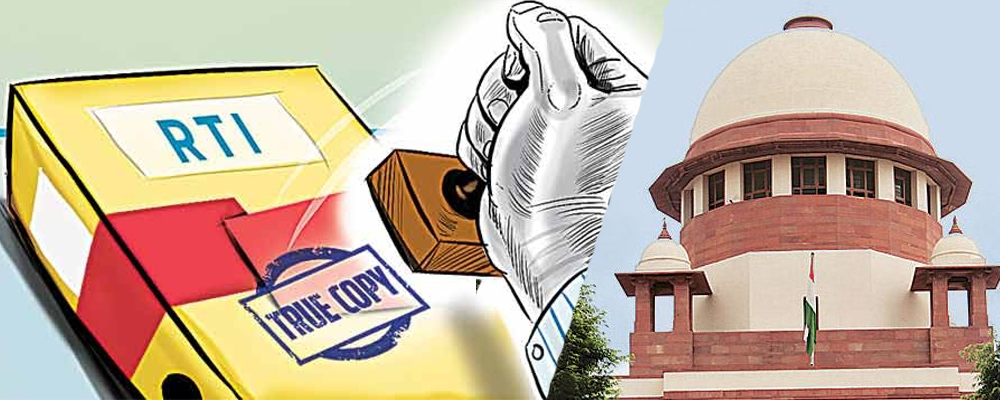Right To Information (RTI) was passed in 2005. The Right to Information Act empowers the citizens & encourages transparency in the government department. It helps to prevent corruption in any department. Right to information is also very important for the administration. Right to Information is a part of the most beneficial legislation.
The road to acquiring knowledge continues to be difficult. The RTI Act has a great impact on the working of government institutions in India. People are practicing this act as a tool to get their passport, ration card, pension, birth and death certificate, and income tax return. Some people like injured, old and youth below the poverty line have employed this order to get compensation.
The RTI Act has a greater impact on the working of the bureaucrats in the Indian Administration. It enhanced the transparency in the government organization. The act ensured the publication/announcement of all the information about government rules, regulations & decisions.
Government officials have to maintain and index all important records in accordance with this Act. In addition, the public administration is also expected to provide as much data as possible at frequent intervals to society.
Need A Legal Advice
The internet is not a lawyer and neither are you. Talk to a real lawyer about your legal issue

Role Of RTI On Administration, Act Facilitate the access to knowledge, a citizen has the right to:
- Inspect the transactions, certificates, records.
- Attach the notes, quotes, or certified photocopies of certificates or records.
- Exercise a certified example of substance.
- Obtain knowledge in electronic form is also possible.
The result of RTI can be managed very well by understanding it.
Development In Responsibility And Administration Of The Government
In addition, every public administration is required to encourage interested persons to make their own regulatory or quasi-judicial determinations. Till the enactment of the RTI Act, it was not proper for departments to examine the circumstances of the decision-making method. It was generally seen as useless in terms of its consequences.
Development Of Cooperation Between Citizens And The Government In Decision Making:
- The RTI Act lays down a framework for the development of citizen-government assistance in bringing about arrangements for the benefit of eligible people.
- Stakeholder support for more traditional designs and more effective improvements begins.
- Most of all fitness projects, especially at the village and panchayat levels, are being planned and interpreted with the cooperation and assistance of NGOs or disabled bodies to increase the comfort level of the bodies.
- Empowerment of restricted government organizations at the village level through engagement and support with NGOs and SHGs.
- Data collected under RTI in respect of the use of specified supplies under the Provincial Job Guarantee System.





 Talk to a Lawyer
Talk to a Lawyer